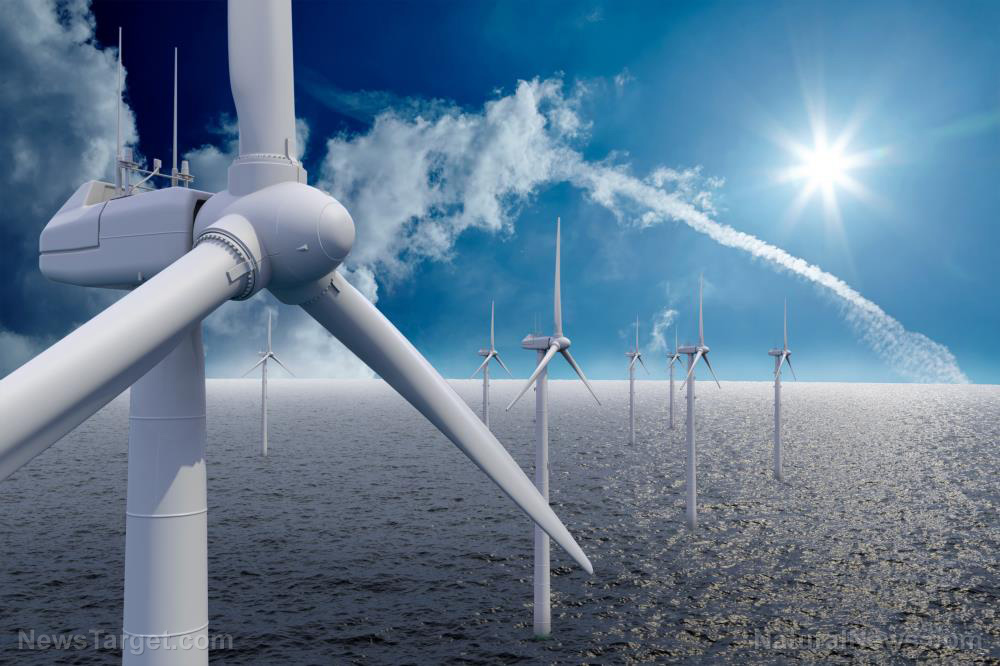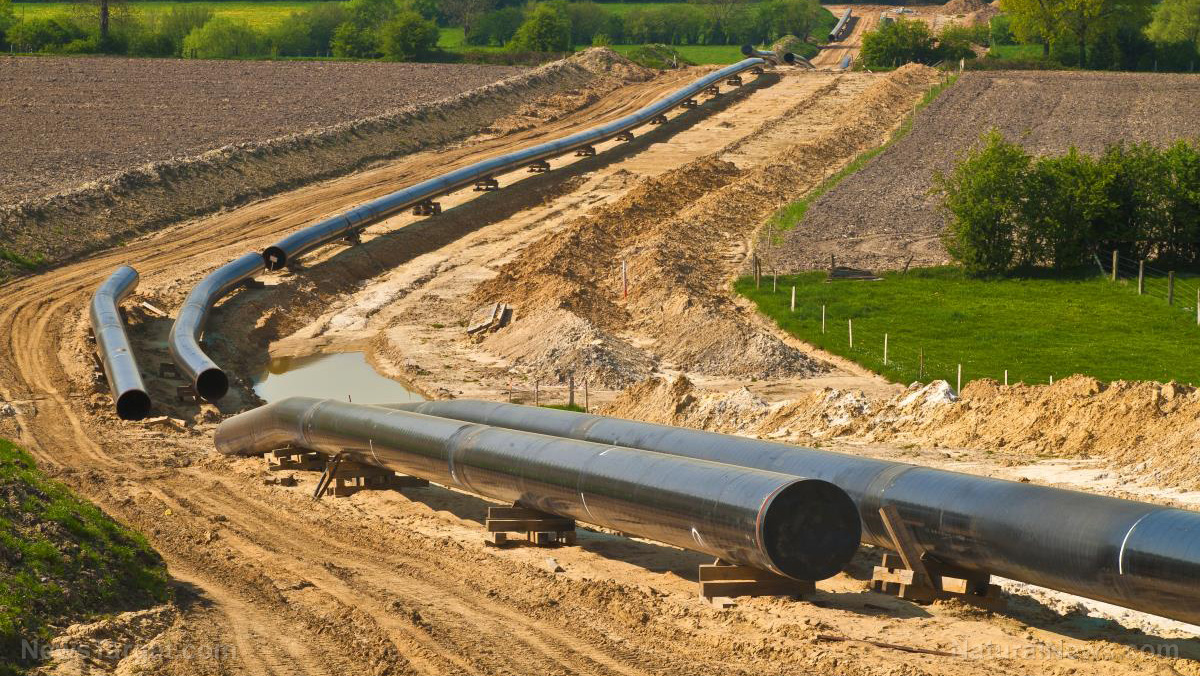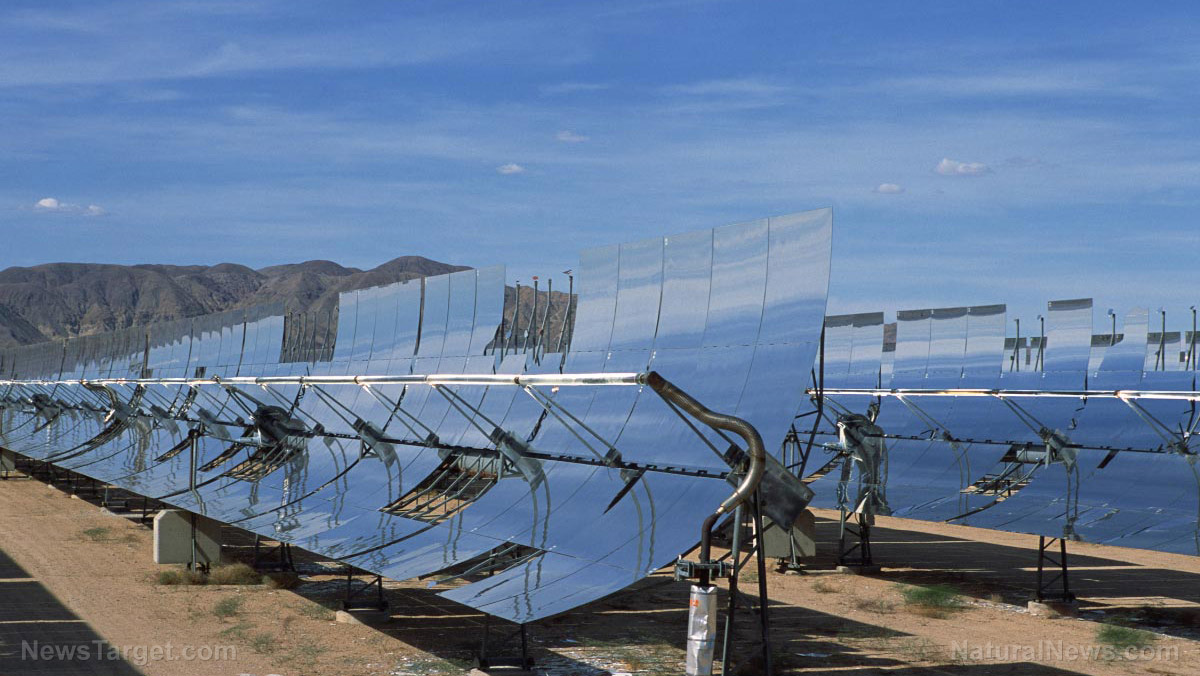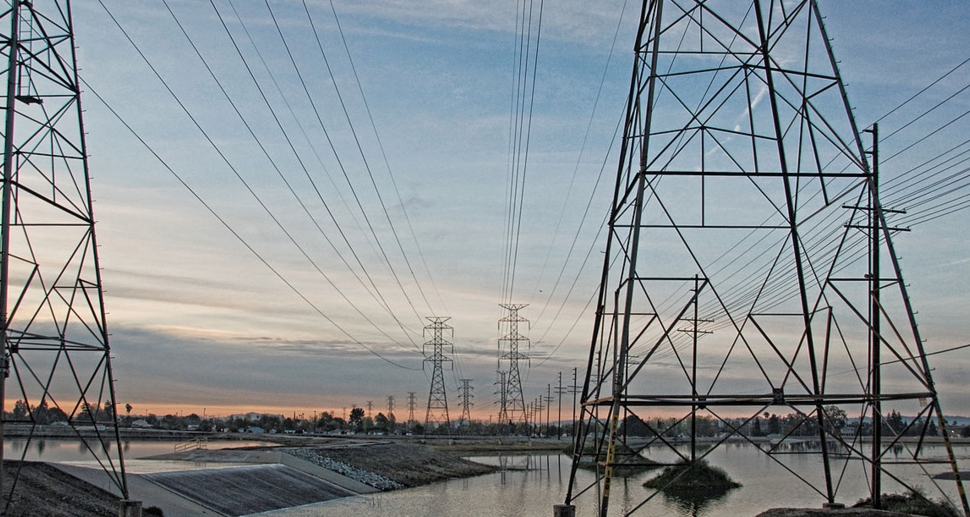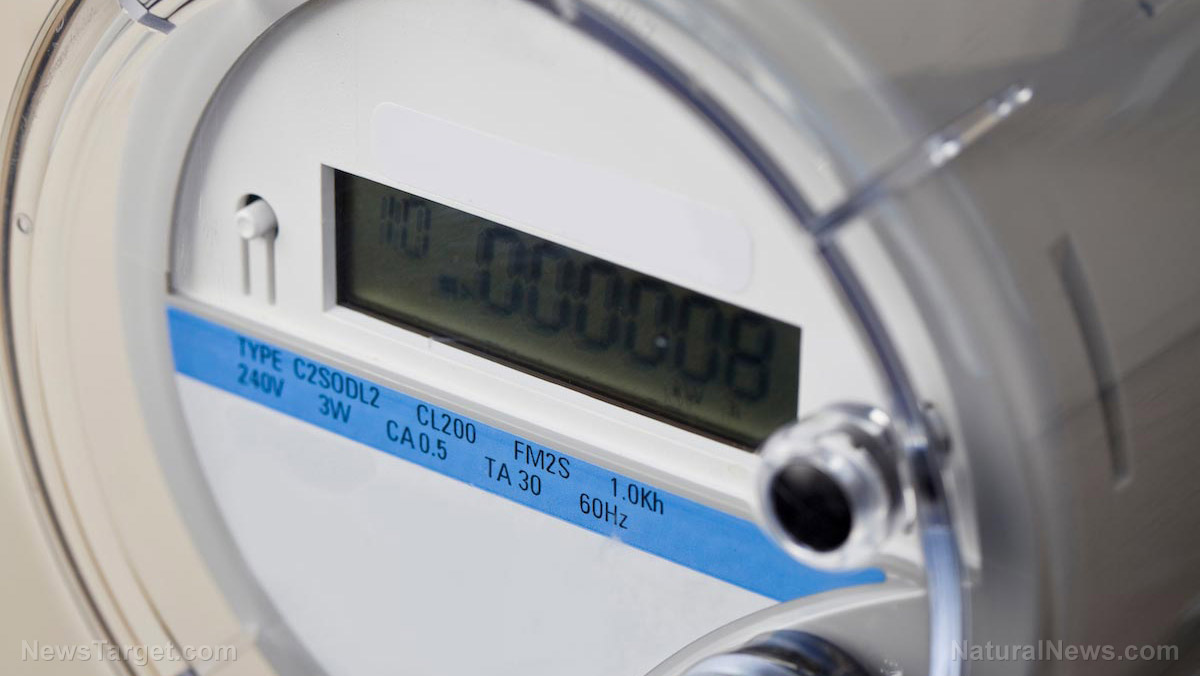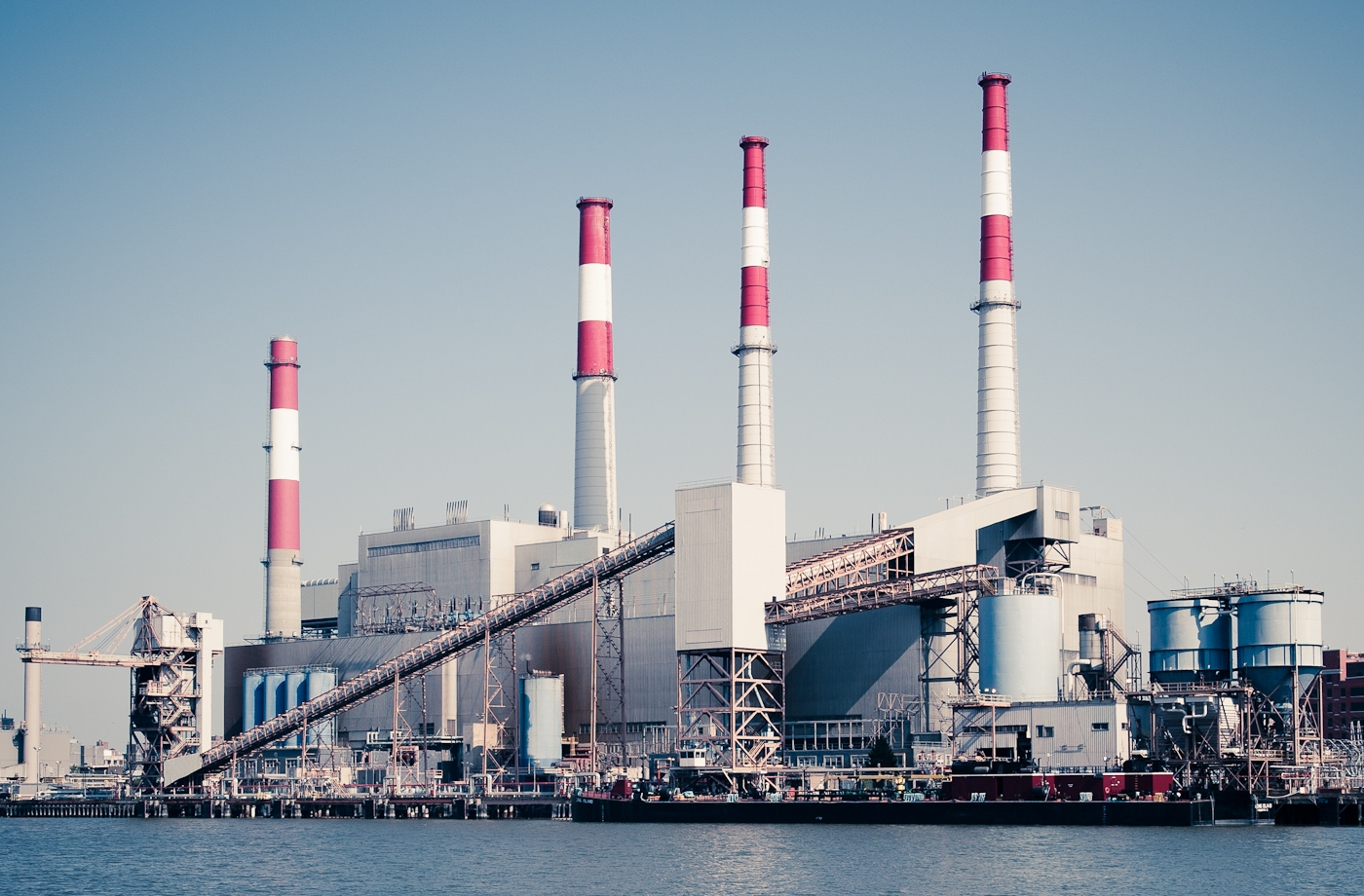Electric-vehicle startups promise record sales growth
03/06/2022 / By Divina Ramirez

Google reached $10 billion in sales in just eight years, the fastest ever startup to hit that mark in the United States. Several ambitious electric-vehicle (EV) startups now plan to beat that record, with some even disclosing plans to surpass Google’s $10 billion revenue mark after just three years of launching sales and production.
Some of the most ambitious ones wanting to beat that record are luxury-EV maker Faraday Future, electric van and bus maker Arrival and plug-in hybrid electric vehicle (PHEV) maker Fisker Inc.
Two other companies gunning for record sales growth are EV component supplier REE Automotive and Archer Aviation, an electric aircraft startup.
Each of those five startups has either completed its listings on the market or is in the process of going public by merging with special purpose acquisition companies (SPACs).
Investors set up a SPAC, or a “blank check company,” to raise money through an initial public offering (IPO). It has no commercial operations, meaning it neither makes products nor sells them. In creating a SPAC, sponsors or investors usually have at least one target acquisition in mind. They usually have about two years to make the acquisition or they must return the money raised with interest.
Setting high expectations
EV startups’ ambitious growth forecasts illustrate the extent of investors’ zeal for such startups, particularly for those going public by merging with SPACs. SPACs are one of Wall Street’s hottest trends right now. In fact, over 10 EV or battery companies that struck deals with SPACs are now valued in billions. Investors said the shift from traditional gas-powered vehicles could open doors for new EV brands.
Analysts said the current fervor for EV startups is likely driven in large part by the success of EV-maker Tesla, which saw its shares soar over eightfold in 2020. Tesla surpassed $10 billion in revenue within 11 years.
EV startups hoping to replicate Tesla’s growth have turned to SPACs due to looser regulations. Many have begun showing investors charts to illustrate how they plan to grow faster than Tesla. Expectations of growth lead to higher valuations. However, regulations in traditional IPOs strongly discourage such projections.
Furthermore, backers argue that the EV market has matured significantly since Tesla began in the early 2000s. As such, EV startups are now open to a wealth of EV component suppliers that can make production easier.
Fisker Inc. spokesman Simon Sproule said the company’s plan to rely on third-party manufacturers to build its EVs will allow it to manufacture more at a faster rate than Tesla ever did. Sproule also said the company is planning to introduce its EVs to the mass market. So it will have a “much, much bigger” market than Tesla.
Meanwhile, Arrival President Avinash Rugoobur said his company believes governments will soon adopt tons of EVs to electrify their public transportation fleets and to reduce carbon emissions. The company plans to go from no revenue this year to a whopping $14 billion in 2024 by selling electric buses and delivery vans only.
Possible challenges
Impressive as they may seem, not all industry analysts are sold on the projections. Pavel Molchanov, an analyst at the American financial services company Raymond James, said all of the projections need a “haircut.” Molchanov said the valuations are unrealistic and that there is too much optimism about demand.
For one, even the best tech companies can take a while to become household names. EVs are also expensive. So realistically speaking, it should only take a few buyers for an EV startup to reach billions in sales.
Gavin Baker, a large investor in Tesla, said it is unlikely these startups will surpass Tesla’s early success, adding that it is easy to make projections and build prototypes that look good and drive well.
Market regulators have also begun paying close attention to SPACs. (Related: Is this the biggest financial bubble ever? Hell yes it is.)
Learn more about the possible risks and challenges of investing in EV startups at Risk.news.
Sources include:
Submit a correction >>
Tagged Under:
economics, economy, electric cars, electric vehicles, EV cars, finance, investing, investment, power grid, startups, stock market, stocks, tesla, transportation
This article may contain statements that reflect the opinion of the author
RECENT NEWS & ARTICLES
Electricity.News is a fact-based public education website published by Electricity News Features, LLC.
All content copyright © 2018 by Electricity News Features, LLC.
Contact Us with Tips or Corrections
All trademarks, registered trademarks and servicemarks mentioned on this site are the property of their respective owners.




